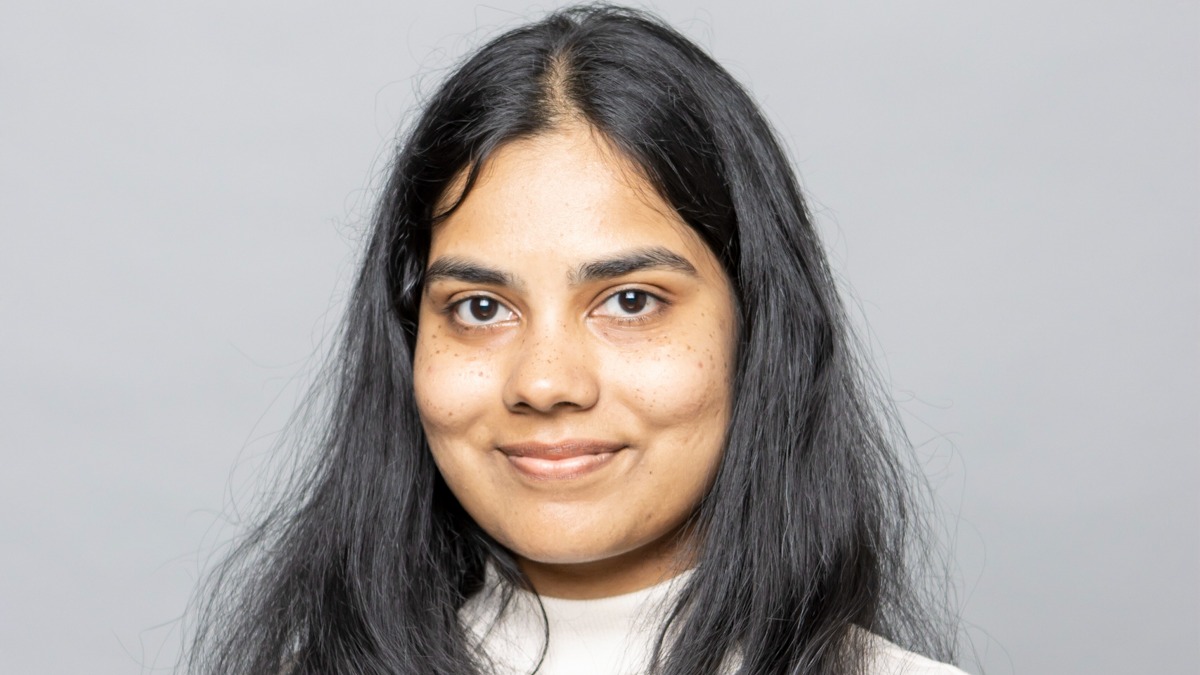A number of our Intelligent Polymer Research Institute (IPRI) students have wrapped up their PhD studies and have recently submitted their thesis before moving on to their next career adventure. We caught up with a handful of them for our IPRI Interview Series to find out more about their work, how the post-graduate experience was for them, what’s next and more.
After first speaking with last week’s graduates Sujani Abeywardena, Zhiqi Chen and Carly Baker, we now catch up with PhD candidate Buddhika Gayani, who researched cell material applications for cancer diagnostics and treatments. Since submitting, Buddhika now finds herself working on corneal bioengineering for BIENCO, and is still based at IPRI and UOW. We had a chat with her about all this and more.
Congratulations on submitting your thesis. Can you tell us a bit about your PhD research topic and how it was?
Thank you! My PhD research focused on the high throughput analysis of single cell-material interactions toward novel applications in cancer diagnostics and treatments. Specifically, I worked on developing methods for measuring forces at the single-cell level, using acoustic force spectroscopy (AFS), and applying novel data analysis techniques. This multidisciplinary project combined biophysics, programming and chemistry. It was an incredibly challenging journey, but also rewarding.
Why did you decide to do a PhD and why at IPRI?
I decided to pursue a PhD at IPRI because I was deeply inspired by the online course Bioprinting: 3D Printing Body Parts, conducted by IPRI and the ARC Centre of Excellence for Electromaterials Science (ACES). At the time, I also had friends at IPRI who spoke highly of the institute, the university, and the natural beauty of Wollongong, which all influenced my decision. I applied for the ACES PhD project under Professor Michael Higgins in 2019 and was thrilled to receive the offer.
What were the biggest things you learned throughout the process?
A PhD is not only about scientific learning but also this training, which in my case included improving life skills and social interactions. I had great ideas from my supervisor about decision-making in the research field.
So now what’s next for you?
Currently, I am working as an associate research fellow under Professor Gordon Wallace at the UOW node of the corneal bioengineering consortium, BIENCO. My PhD background helped me to get this opportunity as I was familiar with force measurements of cells and soft materials using Atomic Force Microscopy (AFM). I am excited to be contributing to such impactful work and hopefully exploring new ways to bring research into real-world medical applications.
What would you say was the biggest challenge you had to overcome during your PhD?
I faced several big challenges during my PhD. It’s hard to rank them. One of the biggest, however, was when my research topic completely changed after the first year. I had to shift from using AFM to AFS, which was a new instrument that required developing methods and analysis techniques from scratch. Another challenge was being stuck in my home country for 18 months due to COVID-19, which forced me to pause my PhD for a year. Both of these were tough, but I was fortunate to join a research team focused on bone fabrication during that time, where I gained valuable programming skills. That experience allowed me to continue my PhD when I returned. It was slow-going at first, and there was a lot to process, but in the end, I was able to complete my PhD successfully.
What would be your favourite moment throughout?
Thanks to IPRI, ACES, and funding from my supervisor, I had the opportunity to attend several national conferences and even one international conference, which were amazing experiences. But honestly, my favorite moments were the annual Christmas parties at IPRI. It was always such a fun time to relax and connect with everyone outside of the lab.
Can you offer any advice to current PhD students who have just started their journey?
My biggest piece of advice is to stay passionate about your PhD. If you love your PhD, do not give up. A PhD is all about discovery, and while it is great to have a plan, things will not always go perfectly. If you ever feel stuck, do not hesitate to ask for advice. It does not have to come just from your supervisor - people at IPRI are incredibly friendly and helpful. Sometimes, even a quick chat with a colleague can offer a fresh perspective or the clarity you need.
Thanks, Buddhika - and all the best.
If you are interested in doing a PhD at IPRI, be sure to get in touch with us to chat more about the possibilities at the Institute.
